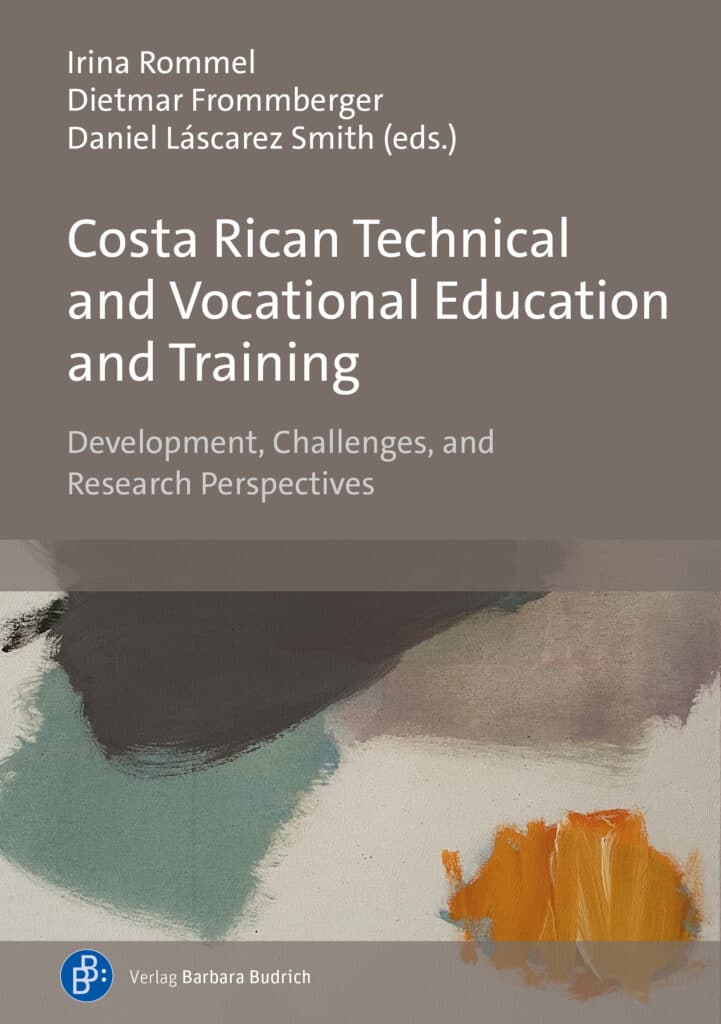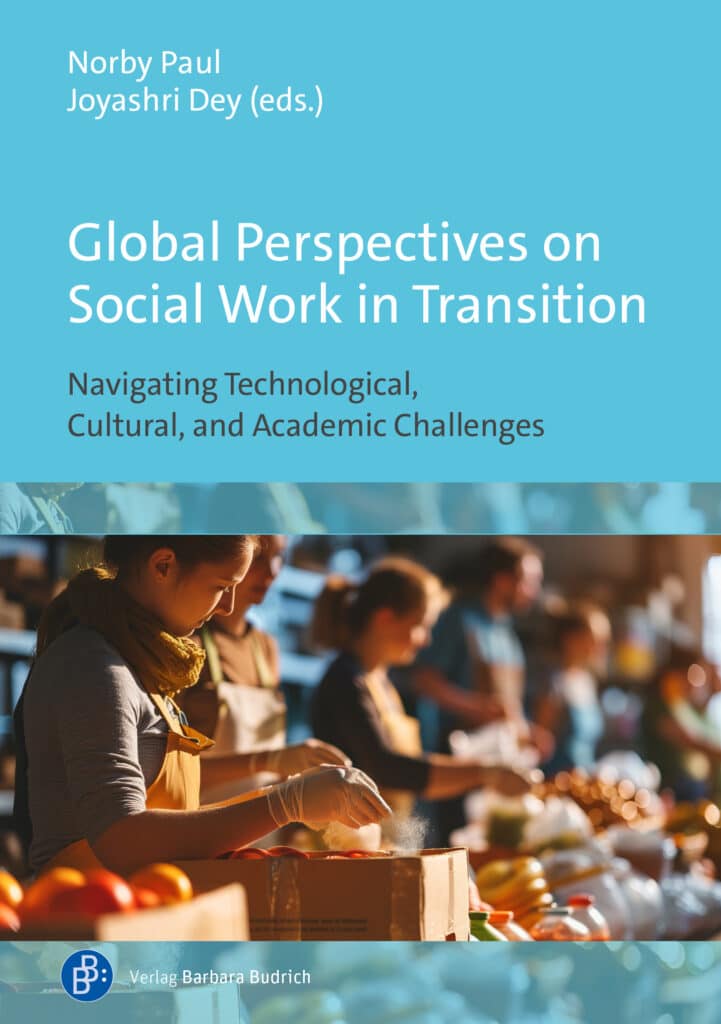Informationen zum Buch
Home » Publications » Power, Alliances, and Redistribution
Power, Alliances, and Redistribution
The Politics of Social Protection for Low-Income Earners in Argentina, 1943–2015
Erscheinungsdatum : 19.04.2021
0,00 € - 72,00 €
Beschreibung
Open Access: Der Titel Power, Alliances, and Redistribution (DOI: 10.3224/96665028) ist kostenlos im Open Access (PDF) herunterladbar oder kostenpflichtig als Print-Ausgabe erhältlich. Der Titel steht unter der Creative Commons Lizenz Attribution-ShareAlike 4.0 International (CC BY-SA 4.0): https://creativecommons.org/licenses/by-sa/4.0/
Latin America is considered the most unequal continent in the world. Paradoxically, the development of resource-intensive social systems has done little to change the social imbalance. The author traces this paradox using Argentina as an example, uncovering the underlying conflicts of power and interests, and identifying successful strategies for implementing inclusive policies. As the first study of its kind, it systematically examines the long-term development of social security for low-income earners in Argentina and analyzes the decisive political, social, and economic factors influencing it.
One fundamental social problem of Latin America is widely known: While large parts of the population live in poverty, a small minority possesses enormous wealth. Less well known is that extensive social programs have been introduced in many countries on the continent since the early 20th century. In some countries – such as Argentina, Brazil, Costa Rica and Uruguay – the state spends a similarly large portion of the gross domestic product on social spending as in the Scandinavian countries. How does that fit together? For some time now, studies have repeatedly pointed out that in Latin America, of all countries, the poorer sections of the population are massively disadvantaged in their access to social security. However, little research has been done on the political circumstances that led to the existing regulations and the political forces and strategies that can contribute to the successful introduction of progressive reforms. The results of this book are striking: The results are explosive: Contrary to previous assumptions, the regressive character of most social programs was by no means constant. The formation of broad alliances between left-wing political currents, trade unions, and lower class movements repeatedly led to significant redistribution. The generally low level of social protection for the poorer sections of the population is thus not the result of a lack of progressive reforms. Rather, it is rooted in the fact that military dictatorships and neoliberal governments consistently turned back progress and established regressive distribution and access rules, often with the support of international financial organizations and Western governments.
Table of contents + reading sample
Editor:
Dr. des. Carl Friedrich Bossert, IG Metall, Frankfurt am Main
Download for free: publicity leaflet (pdf)
Target group:
Researchers and lecturers in social sciences and regional studies Latin America
Zusätzliche Informationen
| ISBN | 978-3-96665-028-1 |
|---|---|
| eISBN | 978-3-96665-998-7 |
| Format | A5 |
| Scope | 373 |
| Year of publication | 2021 |
| Date of publication | 19.04.2021 |
| Edition | 1. |
| Language | Englisch |
| Publisher |
Autor*innen
Beschreibung
Beschreibung
Open Access: Der Titel Power, Alliances, and Redistribution (DOI: 10.3224/96665028) ist kostenlos im Open Access (PDF) herunterladbar oder kostenpflichtig als Print-Ausgabe erhältlich. Der Titel steht unter der Creative Commons Lizenz Attribution-ShareAlike 4.0 International (CC BY-SA 4.0): https://creativecommons.org/licenses/by-sa/4.0/
Latin America is considered the most unequal continent in the world. Paradoxically, the development of resource-intensive social systems has done little to change the social imbalance. The author traces this paradox using Argentina as an example, uncovering the underlying conflicts of power and interests, and identifying successful strategies for implementing inclusive policies. As the first study of its kind, it systematically examines the long-term development of social security for low-income earners in Argentina and analyzes the decisive political, social, and economic factors influencing it.
One fundamental social problem of Latin America is widely known: While large parts of the population live in poverty, a small minority possesses enormous wealth. Less well known is that extensive social programs have been introduced in many countries on the continent since the early 20th century. In some countries – such as Argentina, Brazil, Costa Rica and Uruguay – the state spends a similarly large portion of the gross domestic product on social spending as in the Scandinavian countries. How does that fit together? For some time now, studies have repeatedly pointed out that in Latin America, of all countries, the poorer sections of the population are massively disadvantaged in their access to social security. However, little research has been done on the political circumstances that led to the existing regulations and the political forces and strategies that can contribute to the successful introduction of progressive reforms. The results of this book are striking: The results are explosive: Contrary to previous assumptions, the regressive character of most social programs was by no means constant. The formation of broad alliances between left-wing political currents, trade unions, and lower class movements repeatedly led to significant redistribution. The generally low level of social protection for the poorer sections of the population is thus not the result of a lack of progressive reforms. Rather, it is rooted in the fact that military dictatorships and neoliberal governments consistently turned back progress and established regressive distribution and access rules, often with the support of international financial organizations and Western governments.
Table of contents + reading sample
Editor:
Dr. des. Carl Friedrich Bossert, IG Metall, Frankfurt am Main
Download for free: publicity leaflet (pdf)
Target group:
Researchers and lecturers in social sciences and regional studies Latin America
Bibliography
Zusätzliche Informationen
| ISBN | 978-3-96665-028-1 |
|---|---|
| eISBN | 978-3-96665-998-7 |
| Format | A5 |
| Scope | 373 |
| Year of publication | 2021 |
| Date of publication | 19.04.2021 |
| Edition | 1. |
| Language | Englisch |
| Publisher |
Produktsicherheit
Bewertungen (0)
Bewertungen
Es gibt noch keine Bewertungen.










Bewertungen
Es gibt noch keine Bewertungen.